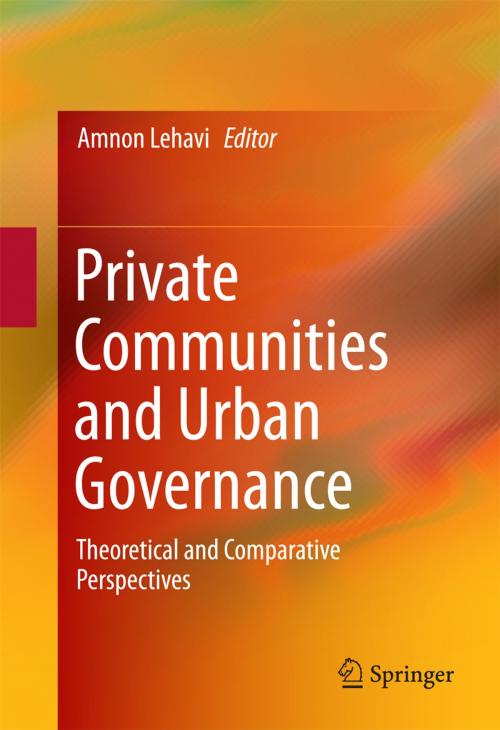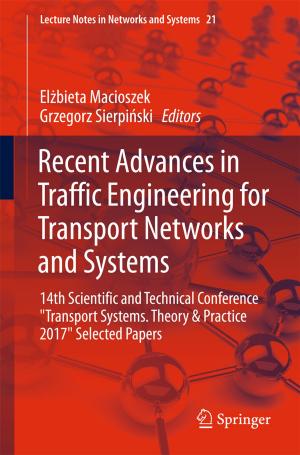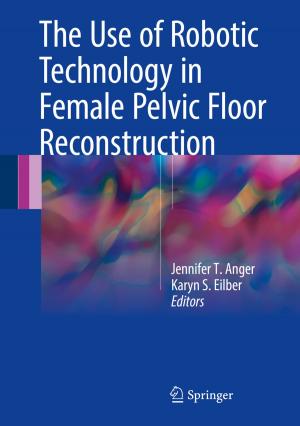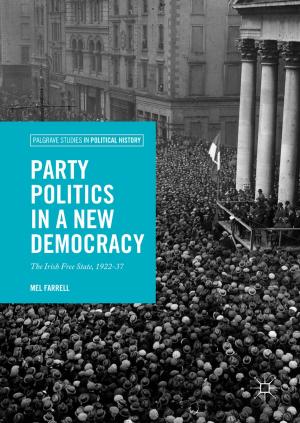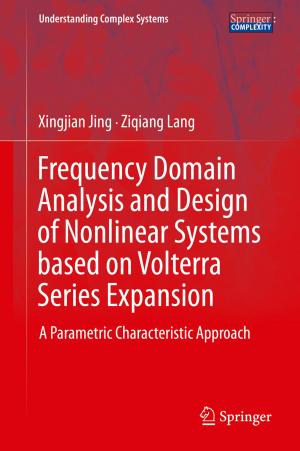Private Communities and Urban Governance
Theoretical and Comparative Perspectives
Nonfiction, Social & Cultural Studies, Political Science, Politics, Economic Policy, Government, Public Policy, Business & Finance| Author: | ISBN: | 9783319332109 | |
| Publisher: | Springer International Publishing | Publication: | July 1, 2016 |
| Imprint: | Springer | Language: | English |
| Author: | |
| ISBN: | 9783319332109 |
| Publisher: | Springer International Publishing |
| Publication: | July 1, 2016 |
| Imprint: | Springer |
| Language: | English |
This book offers an interdisciplinary and comparative study of the complex interplay between private versus public forms of organization and governance in urban residential developments. Bringing together top experts from numerous disciplines, including law, economics, geography, political science, sociology, and planning, this book identifies the current trends in constructing the physical, economic, and social infrastructure of residential communities across the world. It challenges much of the conventional wisdom about the division of labor between market-driven private action and public policy in regulating residential developments and the urban space, and offers a new research agenda for dealing with the future of cities in the twenty-first century. It represents a unique ongoing academic dialogue between the members of an exceptional group of scholars, underscoring the essentially of an interdisciplinary and comparative approach to the study of private communities and urban governance. As such, the book will appeal to a broad audience consisting of policy-makers, practitioners, scholars, and students across the world, especially in developing countries and transitional and emerging economies.
This book offers an interdisciplinary and comparative study of the complex interplay between private versus public forms of organization and governance in urban residential developments. Bringing together top experts from numerous disciplines, including law, economics, geography, political science, sociology, and planning, this book identifies the current trends in constructing the physical, economic, and social infrastructure of residential communities across the world. It challenges much of the conventional wisdom about the division of labor between market-driven private action and public policy in regulating residential developments and the urban space, and offers a new research agenda for dealing with the future of cities in the twenty-first century. It represents a unique ongoing academic dialogue between the members of an exceptional group of scholars, underscoring the essentially of an interdisciplinary and comparative approach to the study of private communities and urban governance. As such, the book will appeal to a broad audience consisting of policy-makers, practitioners, scholars, and students across the world, especially in developing countries and transitional and emerging economies.
